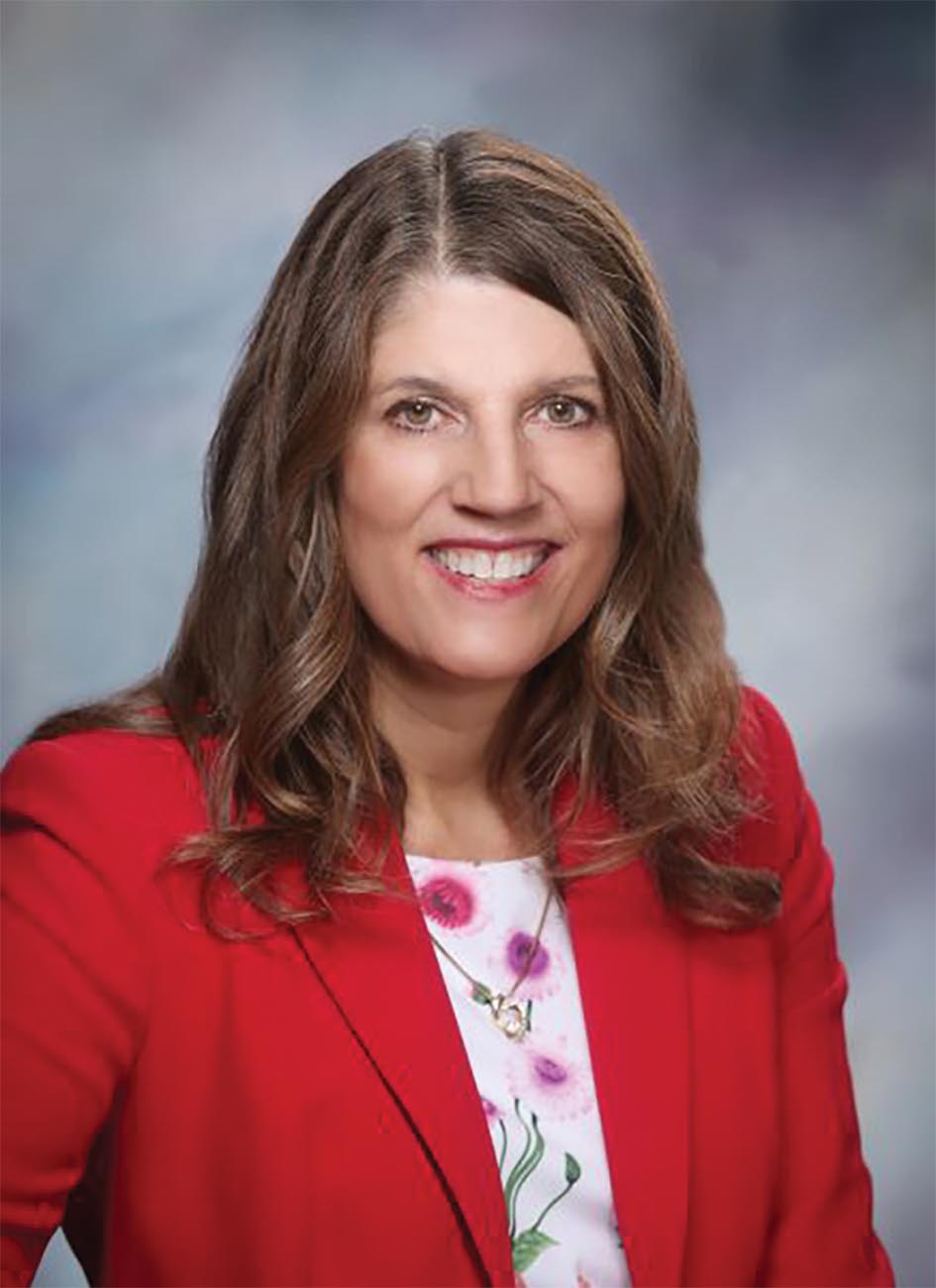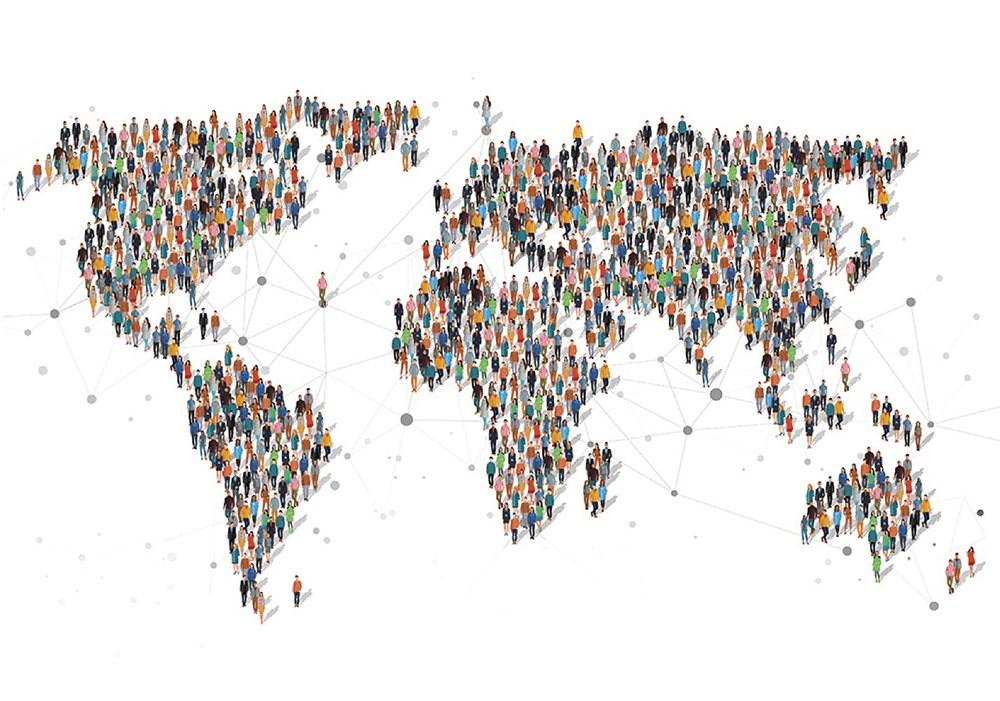According to the World Health Organization, cancer is the leading cause of death worldwide, accounting for nearly 10 million deaths each year. That alarming statistic reminds us that we are part of a global network of oncology nurses caring for those diagnosed with cancer. For many people in low- to middle-income countries (LMICs), late-stage disease, premature death, and pain and suffering are common. Opioids and supportive care medications are sometimes sparse, and clinicians lack the knowledge and resources to provide palliative care.

Global disparities have motivated many large cancer centers and oncology nurses to reach beyond their borders to provide education, resources, and facilities in LMICs and other countries. In addition, many oncology nurses have personally volunteered internationally through their churches or organizations such as Health Volunteers Overseas. Interested nurses have a plethora of opportunities to get involved.
ONS is also part of that global community of oncology nurses, collaborating with organizations such as the Middle East Cancer Consortium, American Society of Clinical Oncology, and American Cancer Society. Together we’ve provided education for both doctors and nurses, building countries’ capacity for cancer screening, clinical trials, and supportive care.
I’ve had the privilege of serving globally, both through ONS and personal mission trips. What has astounded me the most from those experiences is the connection I’ve shared with oncology nurses and physicians who are halfway around the world. There is a common bond between us, as if we are saying to one another, “We understand your passion for this work and the grief that we encounter as cancer care professionals.” Many of you who have served globally can attest that you receive so much more than you will ever give. Global work changes you, and it opens your mind to a universe that is much bigger than ourselves. If you’ve never served globally, I encourage you to seek out opportunities.
Attend a Conference Abroad
ONS, the world’s largest community of oncology nurses, has many global associations. For example, we are a member of the International Society of Nurses in Cancer Care (ISNCC), a worldwide membership organization of oncology nurse leaders dedicated to improving the health and well-being of people at risk for or living with cancer, promoting the nurse’s role in improving cancer care, and developing cancer nursing leadership. ISNCC will hold its International Conference on Cancer Nursing in Glasgow, Scotland, on September 29–October 2, 2023. The Multinational Association of Supportive Care in Cancer’s mucositis guidelines are well known among oncology nurses, and its annual conference is in Nara, Japan, from June 22–24, 2023. Consider attending one of these global oncology meetings to learn in a cross-cultural setting and make connections with other nurses from around the world.
Get Perspective Without a Passport
If you are interested in global health, I encourage you to join ONS’s Global Nursing Community, where you can receive news about global activities and symposia and engage in active discussions about global health with other ONS members. The connectedness of relationships made through global health truly turns places into people. You no longer think about a country as a spot on the map but rather as a place where your oncology colleague and new friend resides. We are all a part of one great family. We are the world!






